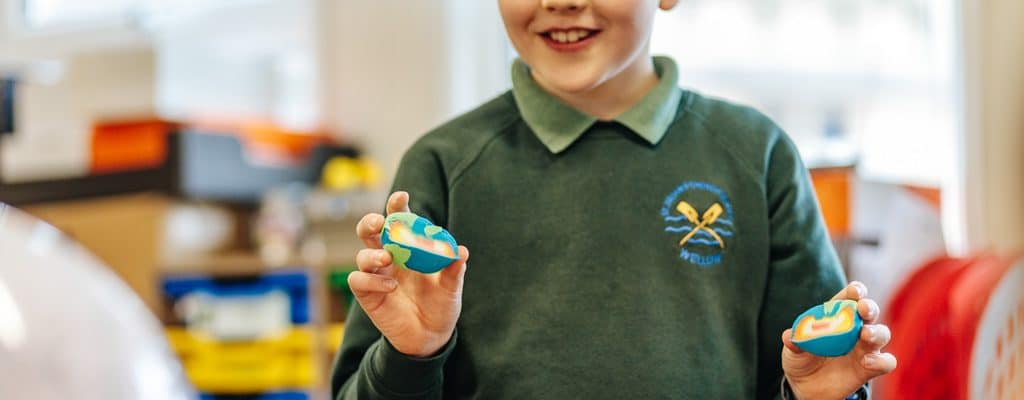PSHE & RSE
We aim for all of our St Julian's children to leave us having developed into inquisitive, thoughtful and well rounded young people who want to make a positive contribution in life.
We use our Christian Values, the promotion of fundamental British Values and our work in Personal, Social and Health Education ( PSHE ) to explore themes with children to help them to develop into the best versions of themselves , with a deeper understanding and respect, of the multi faceted , multi cultural country and world in which we all live.
How do we teach PSHE?
At St Julian’s every class uses ‘ Jigsaw’, which is a holistic approach to PSHE that helps children to connect all the pieces of Personal, Social and Health education , Emotional literacy , social skills and spiritual development. It provides pupils with a well structured, progressive, whole school approach , helping to develop empathetic pupils who understand and value how they fit into and contribute to the world.
Jigsaw offers a ‘ mindful ‘ approach to themes, with plenty of opportunity to reflect, share, discuss and challenge ideas and opinions. Jigsaw actively focuses on developing the mental health and well -being of pupils and allows them opportunities to ponder life’s bigger questions.
The Jigsaw Programme, is divided into six jigsaw pieces:
- Being Me in My World
- Celebrating Differences
- Dreams and Goals
- Healthy Me
- Relationships
- Changing Me
RELATIONSHIPS AND SEX EDUCATION (RSE)
In September 2020 the teaching of Relationship Education became compulsory in primary schools, although many schools like St Julian’s have been teaching this for a while. It is important for children to be taught the building blocks of how to form healthy relationships. The Jigsaw scheme helps us to teach children about relationships in an age-appropriate way. The scheme also introduces children to how their bodies are changing inside and out as they grow up, teaching children how to stay healthy and, as they progress into key stage 2, what to expect in puberty. When children are in Year 6 the lessons also teach children about how babies are conceived and how they are born.
At our school we believe the facts about human reproduction should be taught before they leave primary school. Sex education ‘should ensure that both boys and girls are prepared for the changes that adolescence brings (puberty) and – drawing on knowledge of the human life cycle set out in the national curriculum for science – how a baby is conceived and born’.
At our school, puberty is taught as a statutory requirement of Health Education and covered by our the Changing Me unit with our Jigsaw scheme of work.
“Parents have the right to request that their child be withdrawn from some or all of sex education delivered as part of statutory Relationships and Sex Education” DfE Guidance p.17
We conclude that sex education refers to Human Reproduction, and therefore inform parents of their right to request their child be withdrawn from the PSHE lessons that explicitly teach this.
At St Julian’s we take the Year 3 Jigsaw unit Changing Me and teach this to both Year 3 and Year 4:
- L1 – how babies grow
- L2 – how babies grow
- L3 – puberty – outside body changes (girls and boys)
- L4 – puberty – inside body changes (girls and boys) (adapted/reduced lesson plan)
- L5 – family stereotypes
- L6 – looking ahead
In addition and separately, Year 4 will also cover:
- Y4 changing me – L3 – girls and puberty (periods)
- Y4 changing me – L4 – circles of change
- Y4 changing me – L5 – accepting change
At St Julian’s we take the Year 5 Jigsaw unit Changing Me and teach this to both Year 5 and Year 6:
- L1 – self and body image
- L2 – puberty for girls
- L3 – puberty for boys
- L4 – conception
- L5/6 – looking ahead
In addition and separately, Year 6 will also cover:
- Y6 changing me – L4 – conception to birth
- Y6 changing me – L5 – attraction
- Y6 changing me – L6 – transition to secondary school
All lessons are taught as a whole class with TA support. Children have the chance to ask anonymous questions, some of which are answered, some are not.
There will be an additional opportunity for the girls and boys to ask additional puberty/growing up questions before the end of the summer term.
Below are links to helpful documents about RSE in schools:
Detailed_Guide_for_Parents_and_Carers_on_Jigsaw_SRE
RSE-Guide-for-Parents-and-Carers-leaflet-2019-2020
You can read our RSE Policy on the MNSP Policy through our policies page.
Every year we consult parents by letter to ensure that you are fully aware of the programme of RSE your child will be learning.
If you have any questions or concerns please do not hesitate to contact Mrs Noall.










